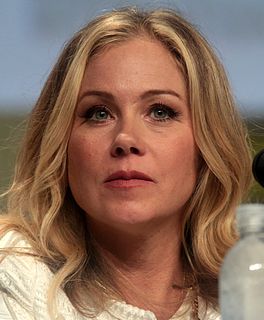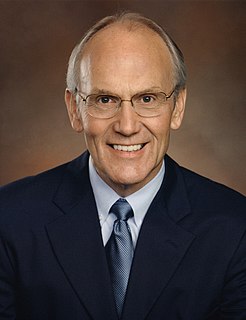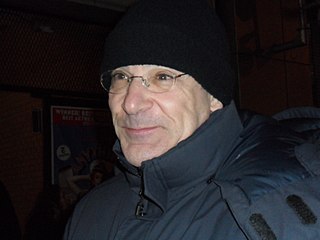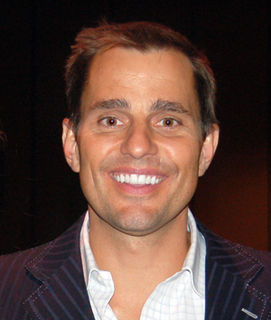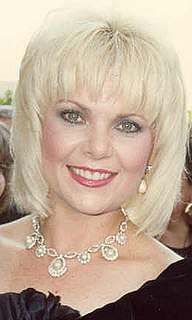A Quote by Christina Applegate
I am a 36-year-old person with breast cancer, and not many people know that that happens to women my age or women in their 20s. This is my opportunity now to go out and fight as hard as I can for early detection.
Related Quotes
I'm not really worried about my numbers now as a 36-year-old. I'm not trying to be the first, experimental case of a 36-year-older trying to maintain his numbers, especially when I'm on a team like this. Can I do the same stuff I could do when I was Amare's age? Of course not. I'm not going to even try. However, I feel that I'm the baddest 36-year-old out there.
Being a breast cancer survivor, as I like to call myself - it will be twenty years next year - I did it to make it possible for women to do regular self breast examinations. It's really important - and, it makes common sense: you know your body better than the doctor does who only sees you once a year, you know?
